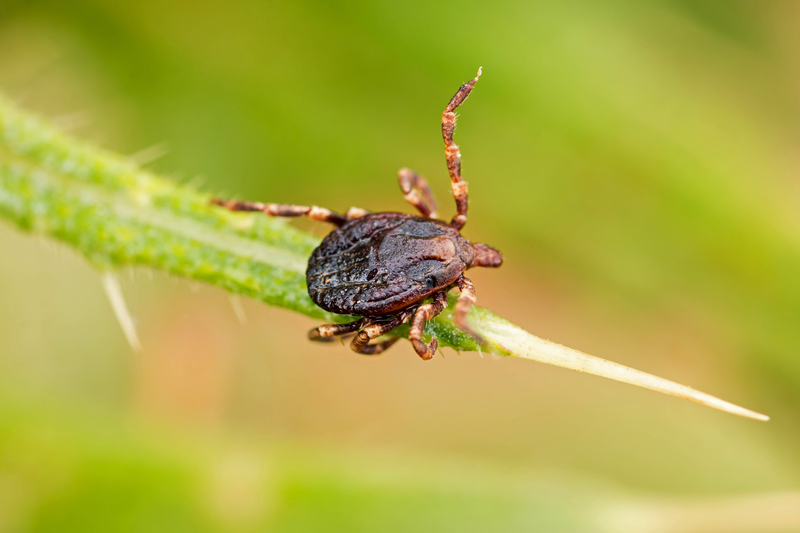While the POW virus is concerning, there’s no reason to avoid the wilderness altogether. Just as with Lyme disease, we can minimize the chances that we will be bitten by a tick and contract the virus. You can then go back to enjoying your nights under the stars!
What You Need To Know About The POW Virus
Protection against ticks is more crucial than ever as there is an increased concern regarding the POW virus, otherwise known as ‘Powassan disease’. It was first reported in 1958, in Ontario, when a young boy died from inflammation of the brain. This serious virus, as we know it today, is caused by a bite from a black-legged tick known as the deer tick.
“Approximately 75 cases of POW virus disease were reported in the United States over the past 10 years. Most cases have occurred in the Northeast and Great Lakes region. Signs and symptoms of infection can include fever, headache, vomiting, weakness, confusion, seizures, and memory loss. Long-term neurologic problems may occur. People with severe POW virus illnesses often need to be hospitalized to receive respiratory support, intravenous fluids, or medications to reduce swelling in the brain.”
Further Research Uncovers An Awful Truth
According to portions of an article posted by Cleveland 19 News on 5/2/2017:
“Powassan Virus, which is rarer and more deadly than the bacteria that causes Lyme, is now carried by the deer tick, which has a broad range and often bites humans. Until recently, the disease was borne only by a tick that does not bite humans, and the risk was all but non-existent.
There Is No Vaccine
There is no vaccine or specific treatment other than providing comfort, keeping patients hydrated and in the worst cases providing supportive therapy.
With the jump to the deer tick, the spread may be inevitable.”
Prevention Is Key
Here are some great tips (also from my article) to help keep yourself safe:
- Wear panty hose under pants (yes, even guys!)
- Don’t walk in high grassy areas
- Keep your grass cut
- Don’t sit on logs – If you sit on a log for only five minutes, you raise your chance of getting bitten by 30%
- Wear hats
- For Long Hair use tight (not loose) braids, pony tails or buns
- Wear clothing that covers the skin and has elastic on the wrist and ankles
- Wear boots or shoes that can be tightened at the ankles
- Tuck your pants into your socks
- Always walk in the center of trails
- Shower within two hours of coming indoors
- Inspect your clothes and body, especially: under the arms, around the ears, inside the belly button, back of knees, and in your hair
Are you concerned about the POW virus? Do you have any other tips for preventing tick bites when in the wilderness?
Article Source: Survival Life
